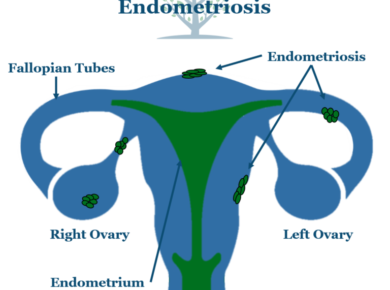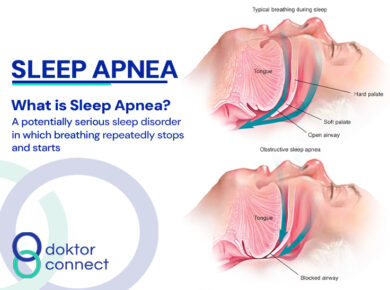Vaccines are simple, safe, and effective way of protecting oneself from harmful diseases before one comes in contact with them. It uses one’s body’s natural defenses to build resistance to specific infections and makes one immune system stronger.
Moreover, vaccines contain only killed or weakened forms of germs like viruses or bacteria, they do not cause the disease
We’ll discuss four common diseases and the vaccines that protect both adults and children from getting them
Hepatitis B Vaccines
The Hepatitis B vaccine offers protection against the hepatitis B virus, which is a major cause of liver disease such as liver cancer. You can read more about the hepatitis virus here
The Hepatitis B vaccine is available for all age groups. It is also strongly recommended in high-risk persons such as health care workers, intravenous drug users, individuals with multiple sexual partners or who change partners frequently, prison staff, having a family member with the infection, etc
It is also a part of routine immunization for children usually given at birth, 6 weeks, 10 weeks, and 14 weeks of age
Meanwhile for adults who haven’t had theirs, a three-dose vaccine schedule spread over six months is advised and you can book yours here
Human Papillomavirus Vaccines
This Human Papillomavirus vaccine prevents Human papillomavirus (HPV). This virus is very common and can be spread through any kind of sexual contact with an infected person
There are many types of HPV, some of which are called “high risk” as they have been linked to anal cancers, genital cancers, and cancers of the head and neck.
It is also the major risk factor for cervical cancer as it has been found in more than 99% of cervical cancers. Other HPV types can cause conditions like genital warts
The HPV vaccine is most effective if received before the onset of sexual activity and in developed places, it is routinely offered to males and females preteens.
Furthermore, it can also be offered to adults. Do speak to your health practitioner to discuss your specific condition, as an HPV test can be arranged and if negative, the vaccine can be given
Tetanus Vaccine
Tetanus is a serious disease caused by a toxin made by bacteria called Clostridium tetani.
It is different from other vaccine-preventable diseases because it does not spread from person to person.
It survives for a long time outside the body and is commonly found in soil, dust, and manure
The bacteria can get into the body via:
1. Punctures, cuts, grazes, or sores on the skin
2. Burns
3. Animal bites
4. Body piercings, tattoos, and injections
5. Eye injuries
6. Injecting contaminated drugs
The main symptoms of tetanus include:
- Stiffness in the jaw muscles (lockjaw) making it hard to open the mouth or swallow
- Painful muscle contractions (spasms), which can make it difficult to breath
- Fever (a high temperature)
- Sweating
Additionally, vaccines against tetanus are given as a part of the routine childhood immunization in the 6-in-one vaccine ( Diphtheria, Pertussis, Tetanus, Hemophilus Influenza, and Hepatitis B) at 6 weeks, 10 weeks, and 14 weeks of age
It can also be given when an individual sustains an injury or has a possible route of infection
Polio Vaccines

Polio is a life-threatening disease caused by the poliovirus. It mostly affects children younger than 5 years old.
It is spread through contact with the stool, droplets from a sneeze or cough of an infected person
Some of its symptoms include fever (a high temperature), tiredness, muscle pain, and stiff neck which can cause breathing difficulties
It can cause deformity and paralysis later on in adult life, even if children fully recover
Vaccines against polio is usually given at birth, 6 weeks, 10 weeks, 14 weeks of age, and a booster dose between 12-24 months of age. Almost all (99 out of 100) who get the recommended doses will be protected against polio
Routine boosters are sometimes administered by the government if there are outbreaks
In conclusion,
Now that we have learned about some of the common vaccine-preventable diseases, which of these vaccines have we gotten, and which do we intend to get?






